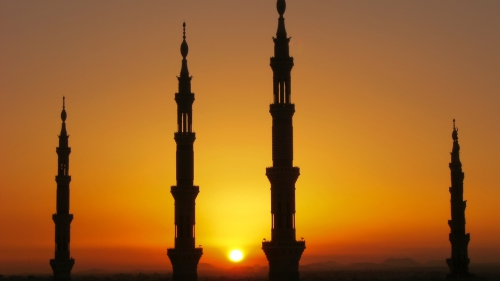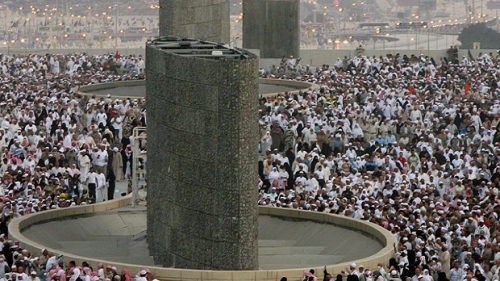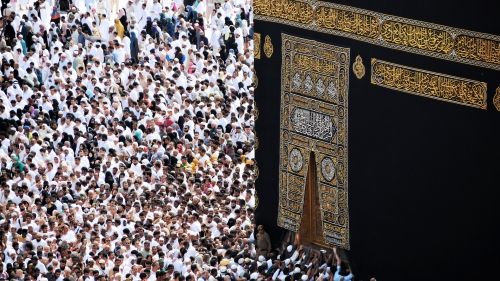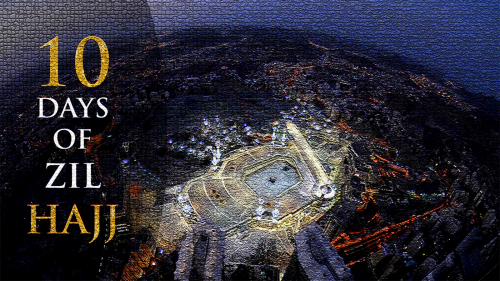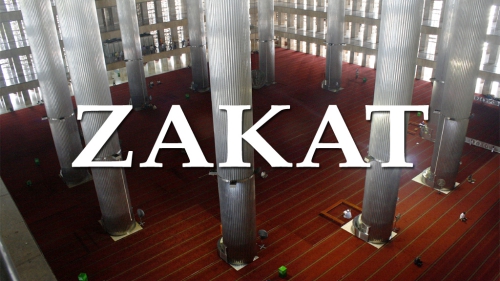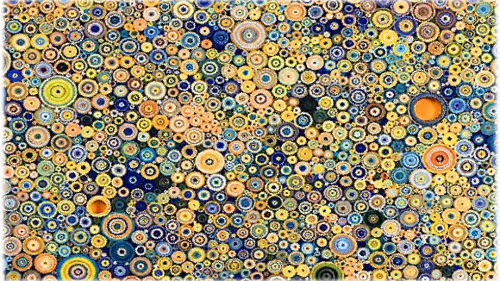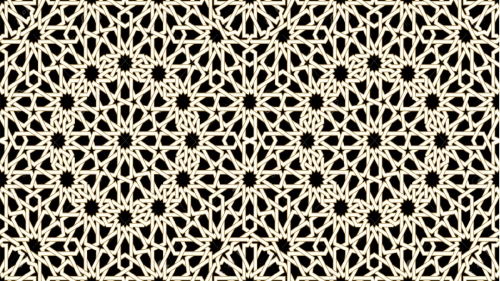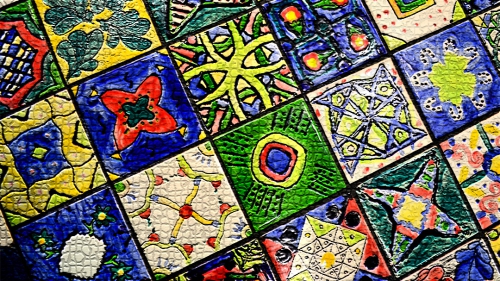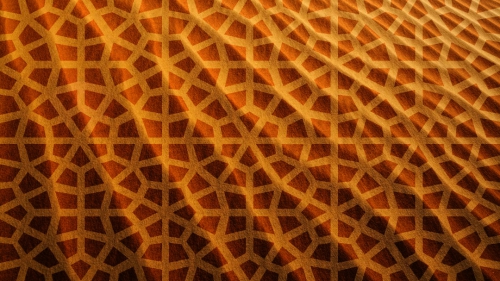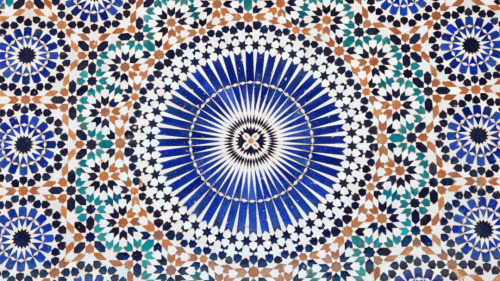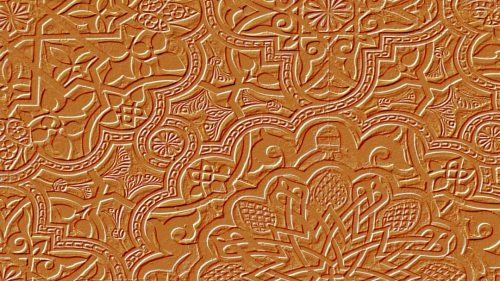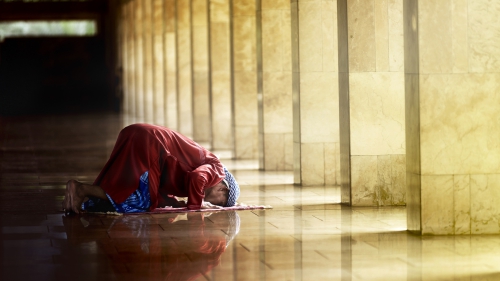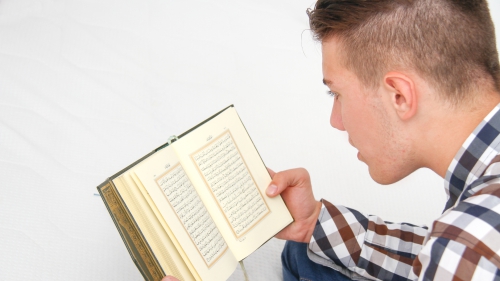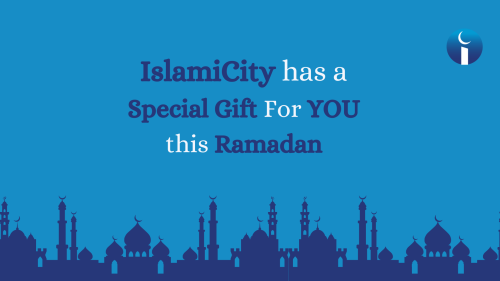Improve the Human Condition with Zakah
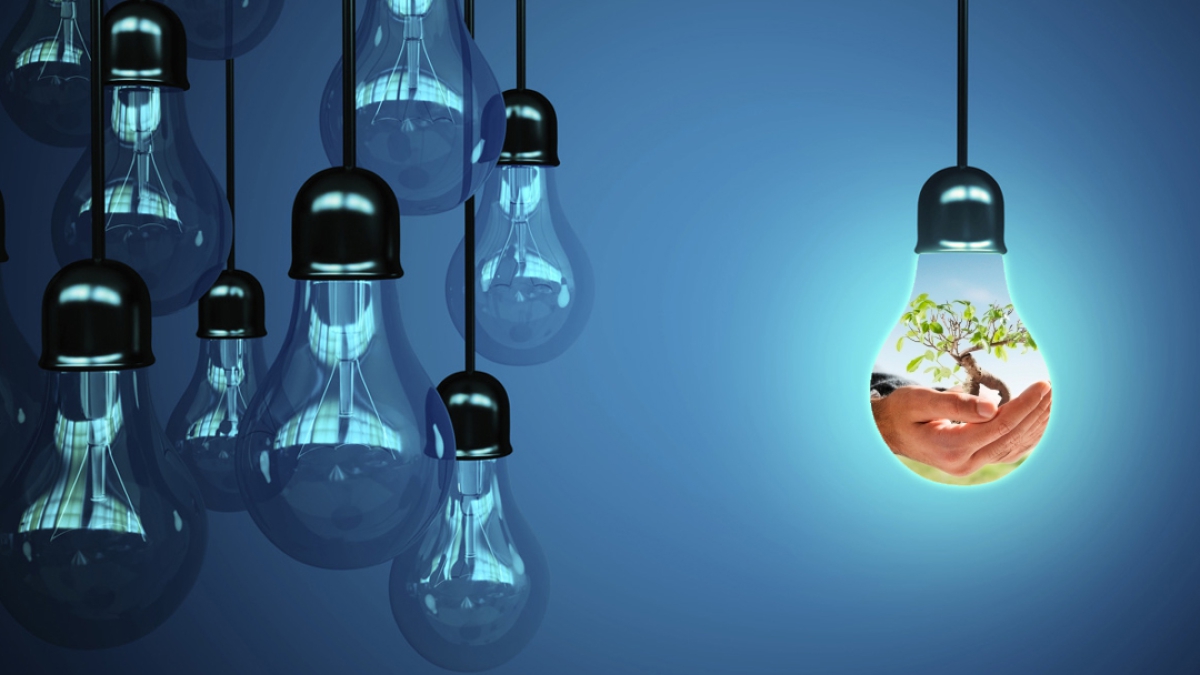
If Zakah is one of the pillars of Islam, it stands to reason that this pillar must stand on a firm foundation. That firm foundation is comprised of each Muslim’s unshakable conviction, 100% commitment, utter sincerity, and complete dedication to the belief that the natural resources of the planet must be made available to all creatures and human beings for their sustenance, nourishment, and growth.
The Quran says:
“There is no moving creature on earth but its sustenance dependeth on Allah: He knoweth the time and place of its definite abode and its temporary deposit: All is in a clear Record.” (11:6)
“How many are the creatures that carry not their own sustenance? It is Allah who feeds (both) them and you: for He hears and knows (all things).” (29:60). Also see (6:152 & 17:31)
It was the Prophet’s (PBUH) unshakable conviction, his utter commitment, and total obedience to this system of Zakah that led to the establishment of the basic infrastructure of a universal, welfare-based economic system in Medina, and which reached its pinnacle during Khalifa ‘Umar’s (R) time when, it is said, hardly anyone was in need of charity.
If we follow in the footsteps of the Prophet (PBUH) and his companions there will be no doubt or skepticism about the universal goal of Zakah:
“They ask thee how much they are to spend; Say: ‘What is beyond your needs.’” (2:219).
This is why the economic system of Zakah, grounded in the Qur’an, is unique, relying on the desire of individuals to uplift themselves morally and spiritually, not materially.
Initially, Allah asks us for Sadaqaa (charity – voluntary giving), which is used to gradually change a wrong, unbalanced economic system (based on greed) to a balanced one that guarantees equal economic opportunities and protection to all. The rich are asked to give their surplus wealth back for the benefit of the poor and suffering—the ones who really worked hard for creating that wealth in the first place. The charity is an emergency measure whereas Zakah is a permanent feature of Islam. Also, by making charity a short-term solution, the Quran recognizes that long-term or indefinite dependence of individuals and nations upon others invariably leads to degradation of the human self, to loss of human dignity, and to lack of human freedom and thought – all of which constitute human growth and development.
Incentive for Giving
What is the incentive that will drive people to give their surplus wealth willingly? What benefit will the individual derive who gives his/her surplus wealth?
Without satisfactory answers to the above questions, people will not be motivated to part with their surplus wealth. No one wants to part with his/her hard earned money without receiving some benefits in return. The Qur’an says:
He sends down water from the skies, and the channels flow, each according to its measure: But the torrent bears away the foam that mounts up to the surface. Even so, from that (ore) which they heat in the fire, to make ornaments or utensils therewith, there is a scum likewise. Thus doth God (by parables) show forth Truth and Vanity. For the scum disappears like froth cast out; while that which is for the good of mankind remains on the earth. Thus doth God set forth parables. (13:17)
The above verse reveals clearly and beautifully the answer to our questions: only that system will stay forever which is beneficial to all of humanity.
Two Alternatives, Two Choices
Individuals tend to work for their own benefit. This is the driving force which motivates people to work. But according to the Qur’an:
- That system in which everyone works for one’s own individual benefit does not have the ability to stay—no matter how much tinkering or patch-up job is done to save it. On the contrary,
- The system in which everyone works for the benefit of entire humankind will stay forever. It stays on the basis of its own intrinsic strength and power.
In the second system, individual benefits are not ignored. They just do not occur immediately or directly. Rather, they occur indirectly – and in the long run, while, in the first system, everyone gets his/her individual benefit right away. The Qur’an calls this short-term gain or Mataa‘uddunya, while the long-term gain that comes to a person who has shared and circulated his/her worldly benefits with humankind, is called the future benefit or Aakhira. This is also referred to as the life of the future or Ha-yaatul Aakhira which includes the life after death as well (87:16-17). The human body in this world, which is a vehicle for the “self,” or “soul,” is left behind while the soul journeys on to another dimension just as the mother’s womb is a vehicle for the fetus which eventually separates and journeys on independently.
It is this sense of a larger future (or future life) that binds a human being with the rest of humanity just as individual members of a family work together for the future success of all the family members. Working for the benefit of humanity’s future leads, in turn, to development and growth of the “self,” an essential requirement for each individual’s future journey. For this to occur Allah-given resources must flow freely and nourish every human being on earth. Interrupting this flow from reaching some parts of humanity is like interrupting the blood flow from reaching some part of the human body. Then not only that part suffers but also it leads to death and destruction of the whole body.
The Quran teaches us to work for the good of this life, as well as the hereafter (2:201, 7:156), in contrast to the mindset of those who consider economic prosperity in this life to be an end in itself. According to the Quran, such people live at the animal level:
“Verily Allah will admit those who believe and do righteous deeds, to Gardens beneath which rivers flow; while those who reject Allah will enjoy (this world) and eat as cattle eat; and the Fire will be their abode.” (47:12)
Right now humanity is suffering because Muslims have stopped practicing the true system of Zakah as implemented by our Prophet (PBUH) and his companions (R). And there will be no way out unless Muslims truly start following this Sunnah of the Prophet (PBUH).
Topics: Humanity, Ramadan, Zakat Values: Charity Channel: Ramadan - Day 15
Views: 4448
Related Suggestions









